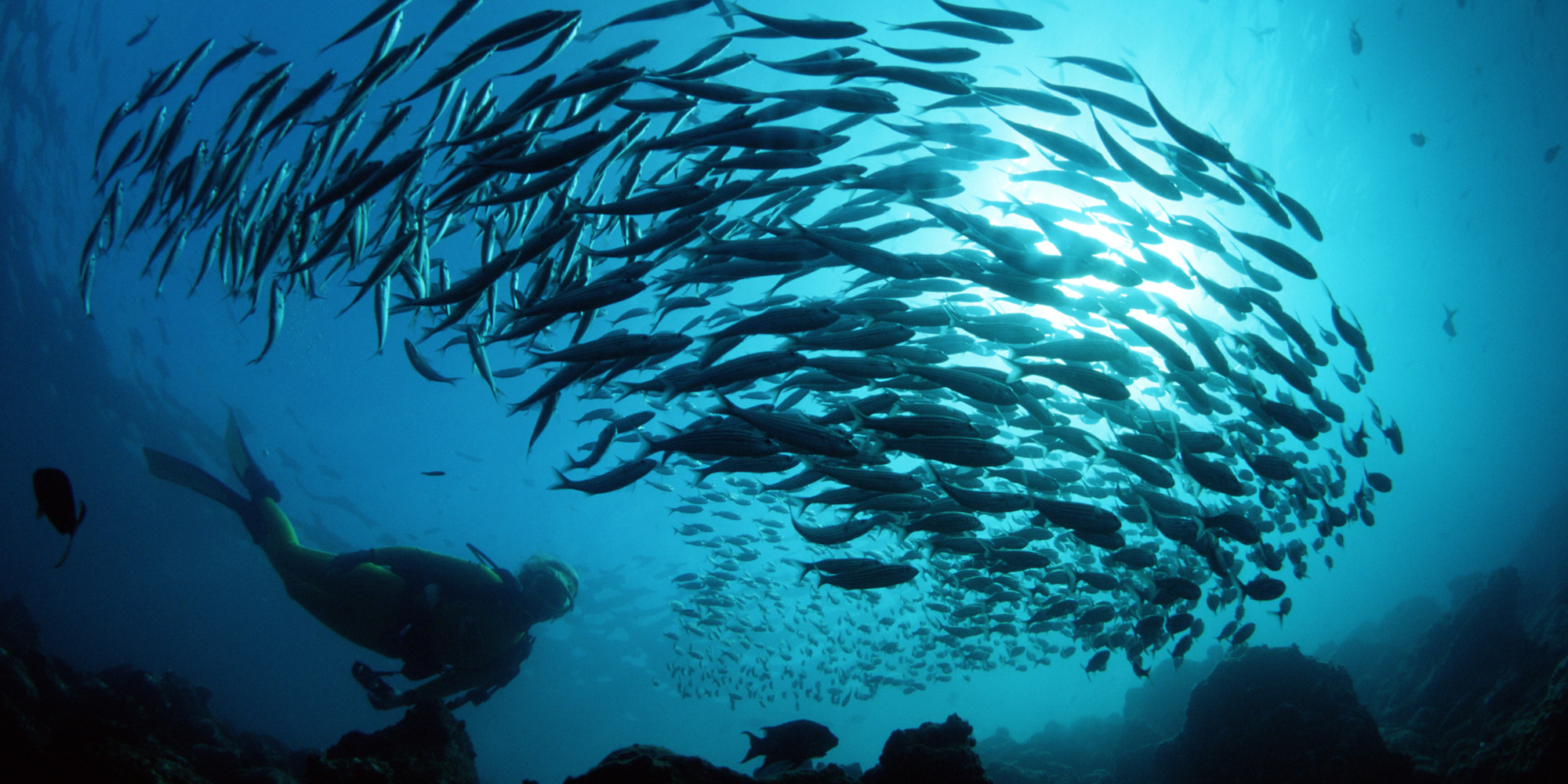| Online: | |
| Visits: | |
| Stories: |
Recovery knocks 21 fish species from watch list
Tuesday, September 2, 2014 19:08
% of readers think this story is Fact. Add your two cents.

By ELLEN KNICKMEYER
The Associated Press
Twenty-one species of fish made the leap Tuesday off a watch list of seafood to avoid as unsustainably overfished, leaving conservationists and many fishermen and chefs celebrating the turnaround of a West Coast fishing ground declared an economic disaster area by the federal government just 14 years ago.
The Monterey Bay Aquarium upgraded the 21 species of West Coast bottom-dwelling fish known as ground fish — including rockfish, sablefish, and other workhorses of the white-fish seafood fillet market — from its “avoid” category on the Seafood Watch list, meaning the food industry and consumers now should feel free to sell and eat those fish without guilt.
The declaration marks a rebound from 2000, when commercial overfishing of ground fish off California, Oregon and Washington had depleted those and other species so badly as to earn a government designation of an economic disaster.
The related federal cut in the allowable catch of ground fish off the West Coast “was devastating to a lot of the fishing families, but it was so overfished,” recalled Cindy Walter, the daughter of a professional fisherman and co-owner now of a Pacific Grove, California, restaurant specializing in sustainably harvested fish.
At the time, Walter assumed the ground-fish fishing ground “was going to be closed for a very, very long time, like most of my life,” Walter said. The fact it reopened after only 14 years “is a great thing because it really shows when you have the fishermen and the NGOs and the government working … they can turn around a fishery.”
Key actions that helped the West Coast ground-fish rebound include greatly increased government monitoring and control of fishing boats’ take, assigning fishing quotas to individual fishermen rather than to types of fish, and closing off some areas of the ocean to safeguard vulnerable habitat, those involved said.
In the early 1990s, 500 commercial fishing boats plied the ground-fish fishery off the West Coast, said Brad Pettinger, a trawl fisherman and executive direction of Oregon’s state commission for trawl-fishing. Fellow fishermen helped buy out many of those 500 to help bring down the total to 100 fishing boats today, Pettinger said.
“You want to match up the available fish with the right number” of fishermen, Pettinger said. “I’ve been in the fishery when there are too many boats chasing too few fish. Believe me, that’s no place you want to be.”
Ground-fish account for more than 10 percent of fish caught in the United States, said Jennifer Kemmerly, director of the Seafood Watch program. Unlike many other types of fish, most U.S. ground fish are consumed in the country rather than shipped overseas.
The Monterey Bay Aquarium has managed the Seafood Watch list since 1999 to encourage the food industry and consumers to avoid types of fish that are being harvested in unsustainable numbers. A mobile-phone app for the watch list, for example, has been downloaded more than 1 million times.
Conservation groups say more than 85 percent of the world’s fisheries are being fished more quickly and heavily than breeding populations can sustain. Fish of greatest concern for overfishing now include orange roughy and sharks, Kemmerly said.
The Monterey Bay Aquarium upgraded the 21 species of West Coast bottom-dwelling fish known as ground fish — including rockfish, sablefish, and other workhorses of the white-fish seafood fillet market — from its “avoid” category on the Seafood Watch list, meaning the food industry and consumers now should feel free to sell and eat those fish without guilt.
The declaration marks a rebound from 2000, when commercial overfishing of ground fish off California, Oregon and Washington had depleted those and other species so badly as to earn a government designation of an economic disaster.
The related federal cut in the allowable catch of ground fish off the West Coast “was devastating to a lot of the fishing families, but it was so overfished,” recalled Cindy Walter, the daughter of a professional fisherman and co-owner now of a Pacific Grove, California, restaurant specializing in sustainably harvested fish.
At the time, Walter assumed the ground-fish fishing ground “was going to be closed for a very, very long time, like most of my life,” Walter said. The fact it reopened after only 14 years “is a great thing because it really shows when you have the fishermen and the NGOs and the government working … they can turn around a fishery.”
Key actions that helped the West Coast ground-fish rebound include greatly increased government monitoring and control of fishing boats’ take, assigning fishing quotas to individual fishermen rather than to types of fish, and closing off some areas of the ocean to safeguard vulnerable habitat, those involved said.
In the early 1990s, 500 commercial fishing boats plied the ground-fish fishery off the West Coast, said Brad Pettinger, a trawl fisherman and executive direction of Oregon’s state commission for trawl-fishing. Fellow fishermen helped buy out many of those 500 to help bring down the total to 100 fishing boats today, Pettinger said.
“You want to match up the available fish with the right number” of fishermen, Pettinger said. “I’ve been in the fishery when there are too many boats chasing too few fish. Believe me, that’s no place you want to be.”
Ground-fish account for more than 10 percent of fish caught in the United States, said Jennifer Kemmerly, director of the Seafood Watch program. Unlike many other types of fish, most U.S. ground fish are consumed in the country rather than shipped overseas.
The Monterey Bay Aquarium has managed the Seafood Watch list since 1999 to encourage the food industry and consumers to avoid types of fish that are being harvested in unsustainable numbers. A mobile-phone app for the watch list, for example, has been downloaded more than 1 million times.
Conservation groups say more than 85 percent of the world’s fisheries are being fished more quickly and heavily than breeding populations can sustain. Fish of greatest concern for overfishing now include orange roughy and sharks, Kemmerly said.
Source: http://www.ascensionearth2012.org/2014/09/recovery-knocks-21-fish-species-from.html




